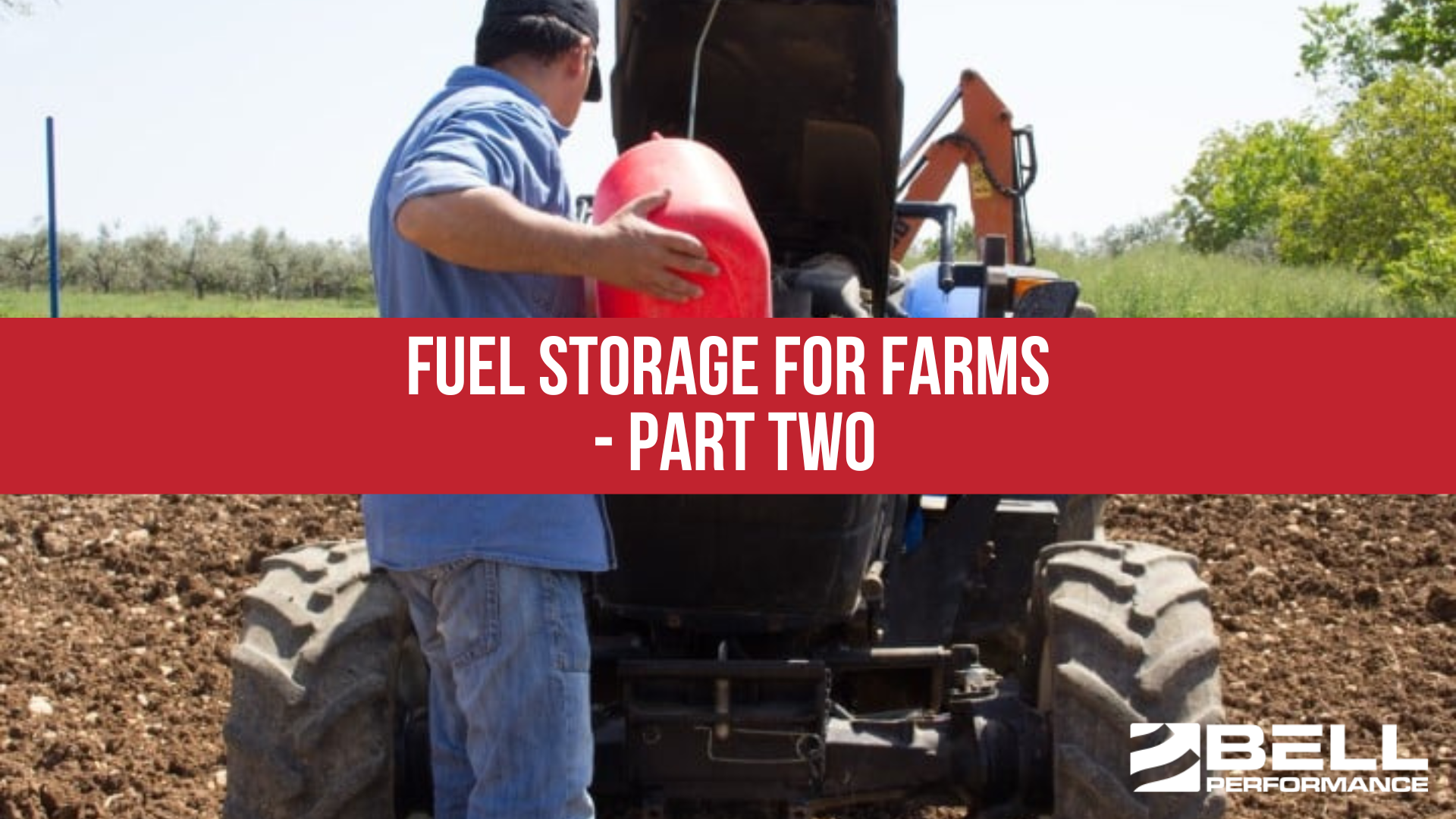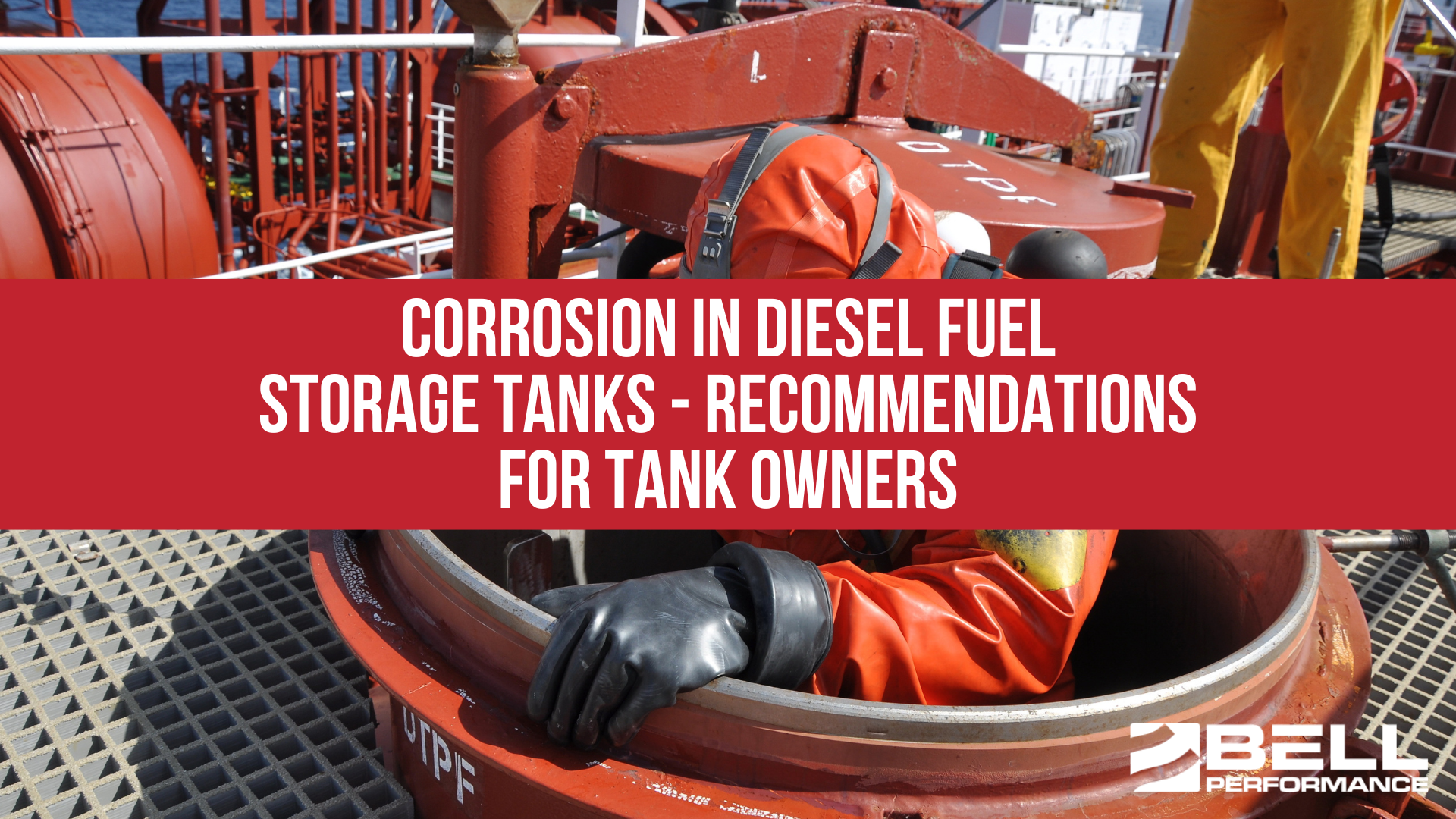Fuel Security For Hurricane Season: How to Ensure Your Stored Fuel Is Ready When You Need It Most
As we soon enter the 2025 hurricane season, many organizations are revisiting their emergency preparedness plans. One critical aspect often...
3 min read
Erik Bjornstad : Apr 1 2025
With winter receding into the arrival of spring, commercial fuel storage professionals face a critical transition period where they'll need to pay closer attention to their fuel quality and system reliability. Fuel concerns in the winter tend to focus on cold flow properties, but spring brings its own set of challenges for fuel that require proactive management.
The spring season presents a unique combination of conditions that affect stored fuel. The temperatures are fluctuating while warming up a big more, the humidity is increasing, and the fuel that has been sitting relatively dormant through the previous winter months. This combination creates perfect conditions for problems to develop if left unaddressed.
First on the list of your priorities after winter's cold temperatures should be evaluating your stored fuel's current condition:
"Check tanks for water and sludge at least quarterly. Use water paste and a tank stick to gauge water depth in storage tanks," as advised in Bell Performance's Fuel Ready guide. Spring is the ideal time for this quarterly check as temperature fluctuations during winter-to-spring transitions can accelerate water condensation in tanks.
Consider sending fuel samples for laboratory testing to establish a baseline for your maintenance program. Essential tests include:
Winter-to-spring temperature shifts often lead to increased condensation inside tanks, making water management crucial:
"Water plays several roles in the destruction of stored fuel quality. The accumulated water builds up in fuel storage tanks that are vented to the outside. Temperature changes from day to night cause condensation to develop on the inside of the storage tanks," according to Bell Performance's Protecting Stored Fuel guide.
This means you should take these specific steps to address water issues for your stored fuel:
Spring's warmer temperatures create the ideal conditions for microbial colonies that were dormant or less active over the winter to become more active again:
"Microbes need free water to live and thrive, and water buildup is one of those inevitable things that's virtually impossible to completely eliminate from a storage tank," as noted in Bell's guidance for fuel distributors.
To prevent springtime microbial problems:
Many operations bring seasonal equipment back online in spring. This can be problematic if you're using higher concentrations of biodiesel:
"When first added to a fuel system, B100 dissolves any sediments present in the fuel filter and fuel storage tank and can cause fuel filter clogging and bursting, leading to injector deposits," warns Bell Performance's biodiesel guide.
For equipment being recommissioned after winter storage:
Spring is traditionally cleaning season, and your fuel storage systems should be included:
"Use chemical sludge dispersant, followed by polishing to clean the tank," recommends Bell Performance for addressing tank sludge issues.
Consider these tank maintenance activities:
As with year-round fuel maintenance, the most effective spring preparation combines both mechanical and chemical approaches:
"The best practice is to start with the use of periodic mechanical fuel and tank servicing to clean up and remove existing water, sludge, asphaltene dropout and microbial growth. This is combined with the addition of quality chemical fuel treatments," according to Bell Performance's stored fuel guide.
Mechanical steps include:
Chemical treatments should include:
Beyond immediate maintenance, spring is the perfect time to establish or review your comprehensive fuel quality management program:
"All of these afore-mentioned best practices are also essential aspects of fuel preventive maintenance programs that are recommended for anyone with a substantial stake in ensuring their stored fuel quality is protected," notes Bell Performance's guide.
Consider implementing:
Spring doesn't just represent new life and a seasonal change, it's a critical transition period for stored fuel quality. By implementing these specific maintenance steps, commercial fuel storage professionals can address winter's accumulated issues while preparing their systems for the challenges of warmer weather ahead.
What's more, it's an opportunity to start doing things that establish good "housekeeping" habits for the rest of the year. Use the spring season to establish a foundation for reliable fuel performance throughout the year that will prevent costly emergency interventions and ensure your operational readiness is there precisely when your systems are needed most.
As we soon enter the 2025 hurricane season, many organizations are revisiting their emergency preparedness plans. One critical aspect often...

For fuel storage on farms, some kinds of storage tanks are better than others. The color, design, and tank material can all play a role in protecting...

One of our most popular webinars from the past dealt with such an important issue - Diesel Fuel Storage Tank Corrosion - that we thought it was...